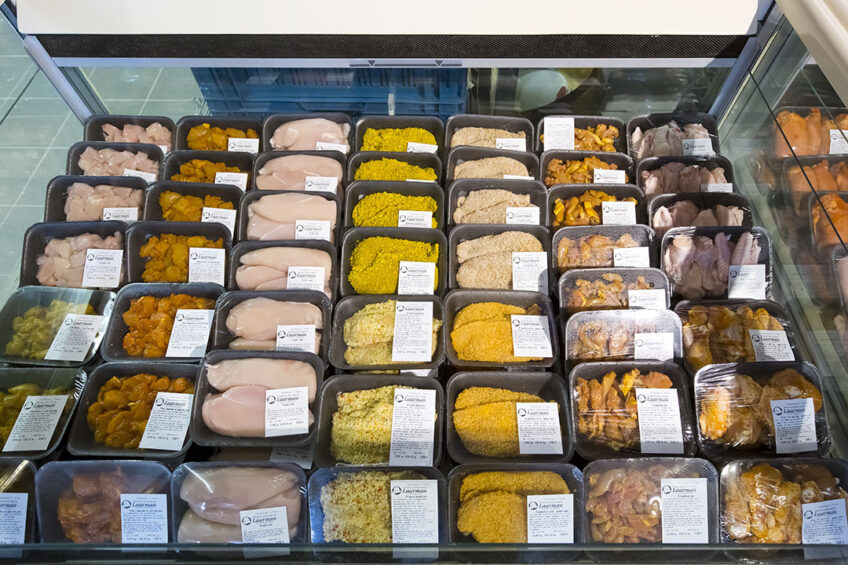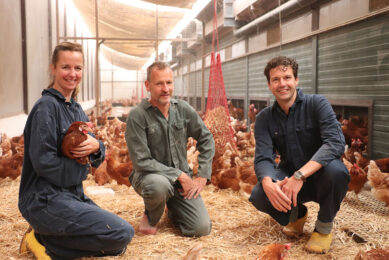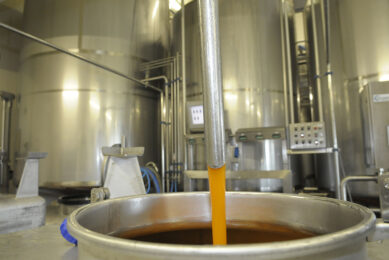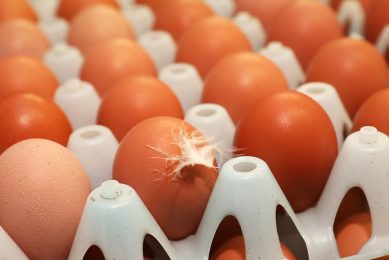Gap between poultry producer and consumer needs narrowing

The UK’s efficient and innovative industry has room for improvement when it comes to ensuring the consumer better understands the sector. Writing in the Andersons Centre forward look for 2022, poultry author and farm business consultant, Edward Calcott, says the humble chicken has lost its identity: “It is on par with milk – a brandless commodity product which is a household staple.”
Calcott said that, instead, the sector had “tiers” of welfare, including Red Tractor assured, RSPCA Assured, Room to Roam, Indoor, British Indoor, British Indoor+, Free Range and organic as well as the Better Chicken Commitment (BCC), which he said had good ambitions but was unclear for consumers. “BCC has good intentions, but a slightly controversial and corporate name – does it mean that chickens not reared to the BCC standards are bad?”
The egg sector
On the other hand, the egg sector, he said, had a better link between farms and consumers, citing the Noble Foods Happy Egg Co brand, which had a chirpy name and an identity which consumers across all stores could relate to. “There is a link made back to the farmer who farmed the hens; and the customers who will crack the eggs. Is this where broiler businesses are missing out? I’ve got some happy eggs for tea sounds a lot more appealing than I’ve got a better chicken commitment chicken for tea.”
Simple identity
More needs to be done in the future to give chickens a simple identity which consumers could understand: “They can make the link to the country of origin and the production methods, so informed purchasing decisions can be made with clarity. This is important more than ever as reduced meat diets potentially become more popular.”
British ‘chicken king’ warns of serious food crisis
Great Britain may be facing its worst food crisis in 75 years. Shortages of chicken and turkey are already noticeable and worse is yet to come. The chicken and wider food industry have been hit by a perfect storm. Read more…
Writing about the future of meat in the annual report, partner at Andersons Midlands LLP, Lily Hiscock, noted that established plant-based businesses, such as Impossible Foods and Beyond Meat, or UK start-ups such as THIS or The Meatless Farm Company had attracted significant investor interest, with more than £100 million (€ 120 million) raised in the UK by the end of the third quarter in 2021 compared to £63.9 million (€ 76.6 million) in the whole of 2020.
She expected with conventional meat produced in the UK at a premium and consumed on fewer occasions, some growth in the cultured meat sector but rapid development of the plant-based industry, especially if vertical farming and hydroponics can be made more mainstream and at a lower cost.












